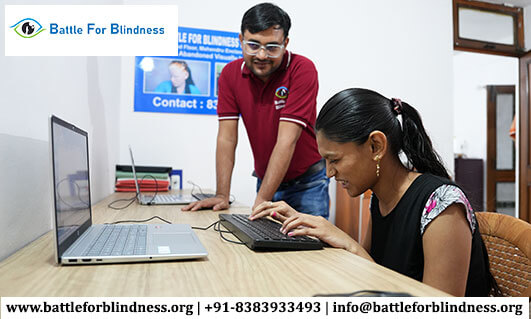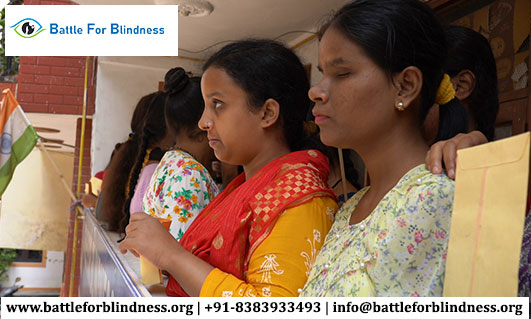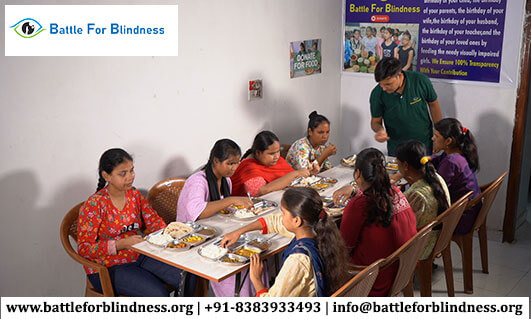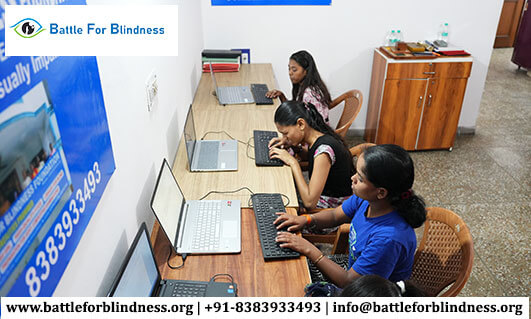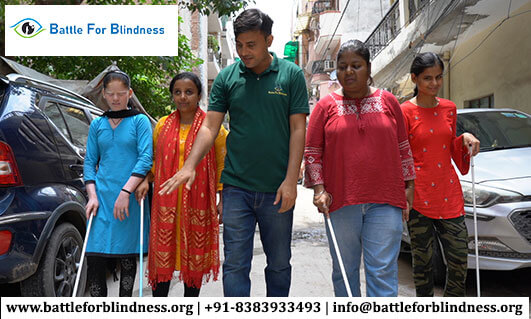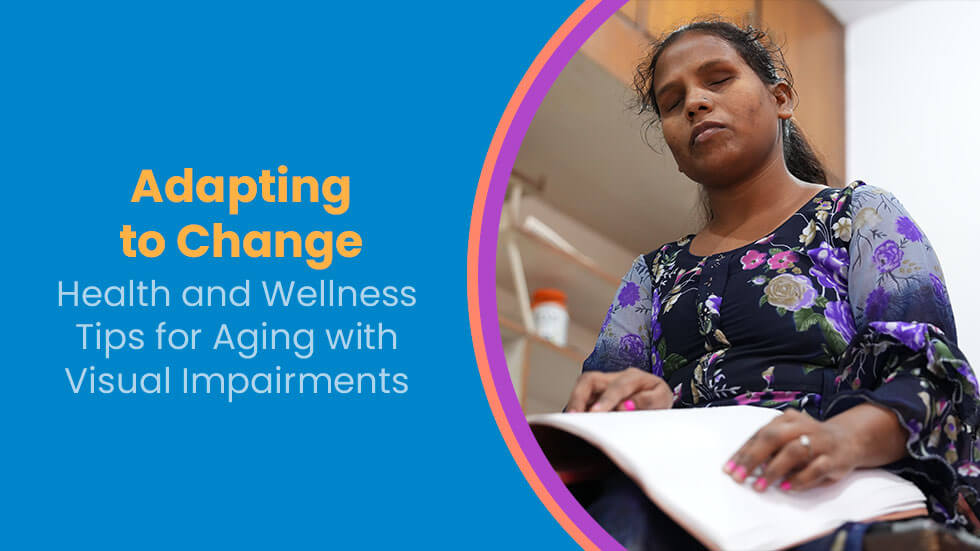
As we age, our bodies undergo numerous changes that can affect our overall health and wellness. For individuals with visual impairments, these changes can present additional challenges. However, with the right strategies and support, it’s possible to maintain a healthy, active lifestyle while adapting to the unique needs that come with aging and vision loss.
In this blog, we will explore practical tips and strategies for aging gracefully with visual impairments, helping individuals navigate their health and wellness journey with confidence. From physical health to mental well-being, these tips can improve quality of life and promote independence in daily activities.
1. Prioritize Regular Exercise for Improved Mobility and Strength
One of the most effective ways to enhance health and wellness as we age is through regular physical activity. For those with visual impairments, exercise can improve strength, balance, and mobility, reducing the risk of falls and promoting independence. It’s important to adapt exercises to individual needs, including:
- Walking with a guide dog or cane to help with balance.
- Strength training using resistance bands or light weights to build muscle.
- Swimming or water aerobics for low-impact exercises that are easier on the joints.
Exercise also supports cardiovascular health, reduces stress, and improves sleep—critical components of aging well. Consult a fitness expert with experience in adaptive fitness for personalized recommendations.
2. Manage Chronic Conditions with a Focus on Nutrition
Aging often comes with the development of chronic conditions, such as arthritis, diabetes, or heart disease. Managing these conditions through proper nutrition is vital for overall well-being. Individuals with visual impairments can benefit from:
- A balanced diet rich in fruits, vegetables, whole grains, and lean proteins.
- Low-sodium and low-fat foods to manage heart health and blood pressure.
- Incorporating Omega-3 fatty acids, which help reduce inflammation and support brain health.
Working with a nutritionist who understands the challenges of visual impairments can provide tailored meal plans that ensure proper nutrition without the stress of grocery shopping or meal preparation.
3. Address Mental and Emotional Health with Supportive Practices
Mental health is just as important as physical health, especially as we age with a visual impairment. Adapting to change may come with feelings of frustration, isolation, or depression. Practicing self-care and reaching out for support can help alleviate these emotions. Consider:
- Mindfulness and meditation to improve mental clarity and reduce stress.
- Therapy and counseling to work through emotional challenges or feelings of loss associated with vision impairment.
- Connecting with support groups for individuals with visual impairments to foster community and understanding.
Maintaining a positive mindset and seeking professional mental health support can dramatically improve the emotional well-being of individuals aging with visual impairments.
4. Enhance Home Safety with Assistive Technology
Home safety is a crucial consideration for seniors with visual impairments. Aging can exacerbate challenges related to mobility and navigation, increasing the risk of accidents. Thankfully, advances in assistive technology and home adaptations can provide solutions:
- Smart home devices like voice-activated assistants (e.g., Amazon Alexa, Google Home) can make daily tasks easier.
- Wearable technology such as GPS devices and smart glasses help with navigation and independence.
- Bright, contrasting colors on key areas (e.g., door frames, stairs) can help improve visibility.
Furthermore, reducing clutter and ensuring that living spaces are well-organized and illuminated can enhance safety and reduce the risk of falls and injuries.
5. Stay Socially Active to Maintain Cognitive Function
Social isolation can be a significant risk factor for cognitive decline and mental health challenges, especially for seniors with visual impairments. Staying socially active and engaging with others regularly is essential for brain health. Ways to stay socially connected include:
- Participating in community events designed for people with disabilities.
- Joining online groups and forums that focus on health and wellness for visually impaired individuals.
- Volunteering in your community to build a sense of purpose and contribute to others’ well-being.
Regular social engagement promotes cognitive function and enhances emotional well-being, keeping the mind sharp and reducing the risk of mental health issues.
6. Regular Eye Care and Professional Health Checkups
While aging with visual impairments can bring added challenges, regular eye care and health checkups are still crucial. Regular visits to an optometrist or ophthalmologist can help monitor any changes in vision and ensure that conditions like cataracts, glaucoma, or macular degeneration are managed effectively.
Additionally, it’s essential to maintain regular checkups with your healthcare provider to manage overall health, including monitoring blood pressure, blood sugar levels, and other age-related conditions.
7. Foster Independence with Daily Living Skills Training
As vision changes over time, it’s important to adapt daily living skills to maintain independence. Many organizations offer training to visually impaired individuals to help them develop new skills, including:
- Orientation and mobility training to navigate public spaces and the home with ease.
- Cooking and meal preparation techniques tailored to those with visual impairments.
- Technology training to use accessible apps and devices for daily tasks.
Such programs can empower individuals to live independently and confidently, ensuring they are able to perform everyday activities safely.
Conclusion
Aging with a visual impairment comes with its own set of challenges, but it also offers opportunities to learn, grow, and adapt. By incorporating exercise, proper nutrition, mental health care, and assistive technologies into your routine, you can continue to thrive and enjoy a fulfilling life. Remember, it’s important to stay proactive in seeking solutions and support that can help you live independently and comfortably as you age.
As the world of accessibility and support continues to evolve, there are ever-growing resources available to help individuals with visual impairments age with dignity, strength, and confidence. Embrace these changes with open arms and take control of your health and wellness journey.
